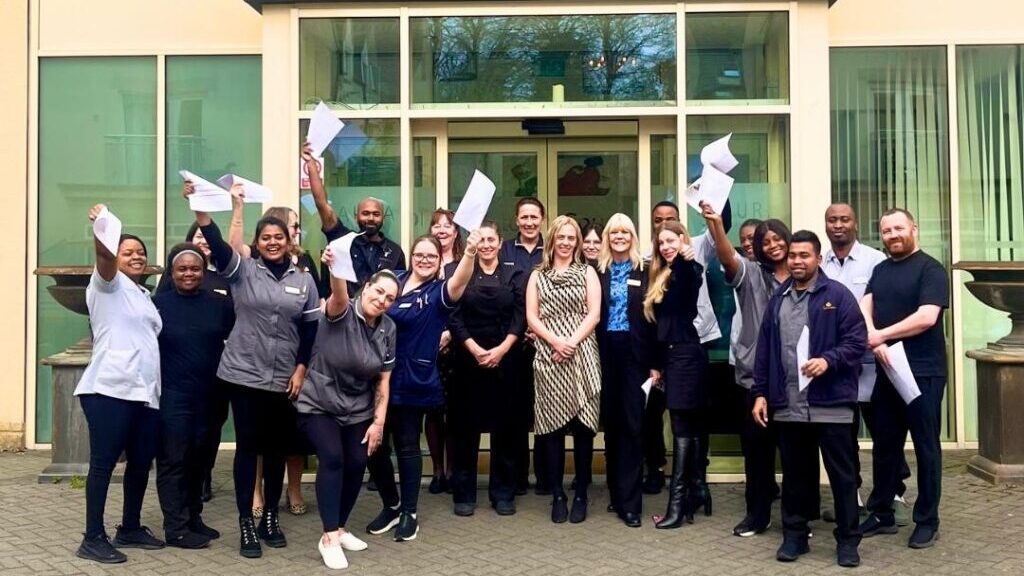Majority of LGBT+ people concerned about care home discrimination
Nine in ten LGBT+ people in Scotland are worried about discrimination in care homes or sheltered housing, according to research.
LGBT Health and Wellbeing‘s Age Action Group surveyed 183 LGBT+ people from across Scotland. It found 66% would prefer to live in a predominantly LGBT+ care home, while those who did not wanted to be in a mixed facility that was LGBT+ affirming.
The report, Fit For Purpose: inclusive housing and social care for older LGBTQ+ people, also found:
- 70% were afraid that their orientation or gender would be erased, overlooked, or ignored
- 56% feared being forced back into the closet. This fear and worry was even more pronounced for trans and non-binary respondents
- 86% said it was important or very important for the home to be an LGBT+ safe space
- Over 90% of the respondents thought it was important to be connected to the wider LGBT+ community
The report makes a number of recommendations including the need to offer care services that are LGBT+ affirmative, awareness training for staff in the care sector, and LGBT+ housing options.
It calls for the establishment of a coalition to work towards addressing the housing and social care needs of older LGBT+ people, and LGBT+-focused educational campaigns to support people planning for old age and their care needs.
Mark Kelvin, chief executive of LGBT Health and Wellbeing, said: “It’s saddening to read that older members of LGBTQ+ community, who have fought so valiantly for the rights of our diverse community, now fear having to return to the closet at a time that they should be able to relax in the environment of safety and respect that many of them spent their youth fighting for.”
Age Action Group member Stephen, aged 72, said: “When I go into a health or social care setting and see LGBTQ+ symbols, flyers and signs I begin to relax. If the staff ask if I am married, in a civil partnership or have a significant relationship, I know it is probably safe to share my relationship status.”
He added: “If the setting uses inclusive titles like Mx instead of only Mr and Mrs, me and my LGBTQ+ siblings feel seen. If care staff ask me if the man in the pictures in my home is my partner, it allows me to talk openly about the love of my life. Being allowed to have those pictures in full view makes me feel at home. Being with others who are also able to be out as an LGBTQ+ person allows me to be fully alive. All too often we don’t have these basic affirming things when we need care.”



